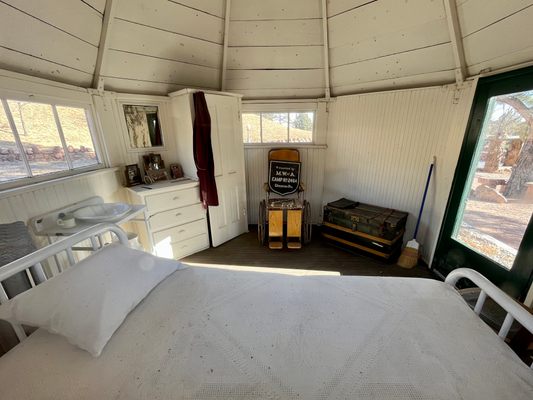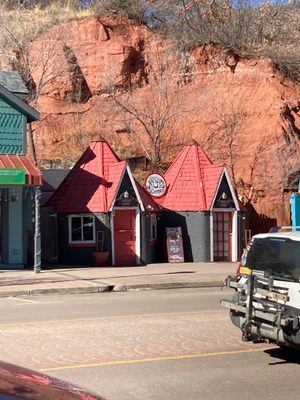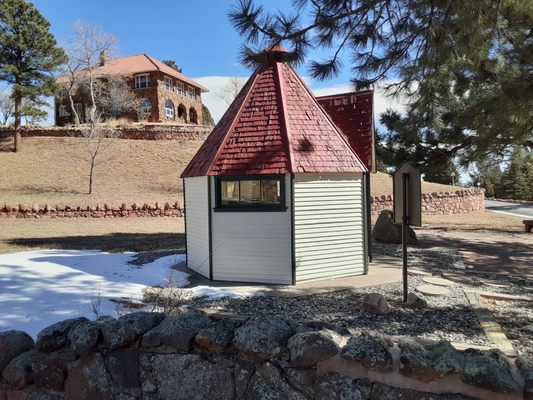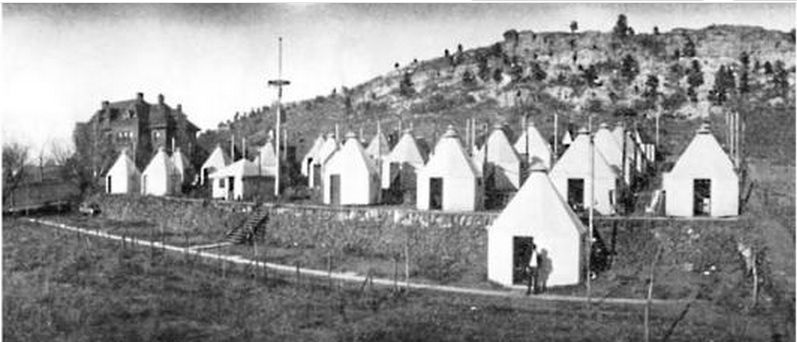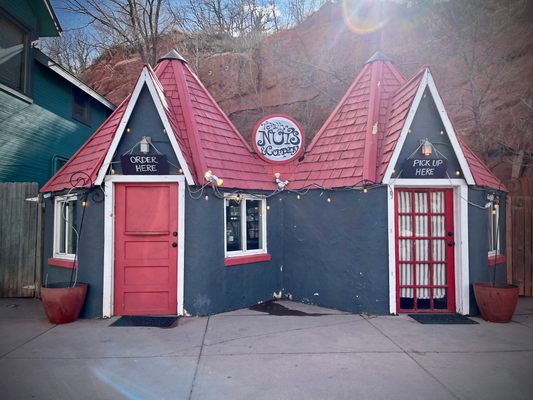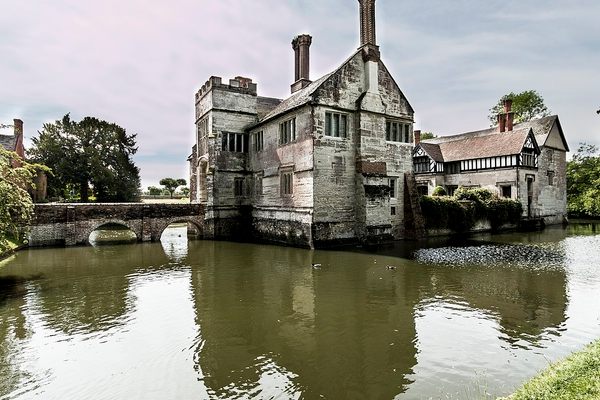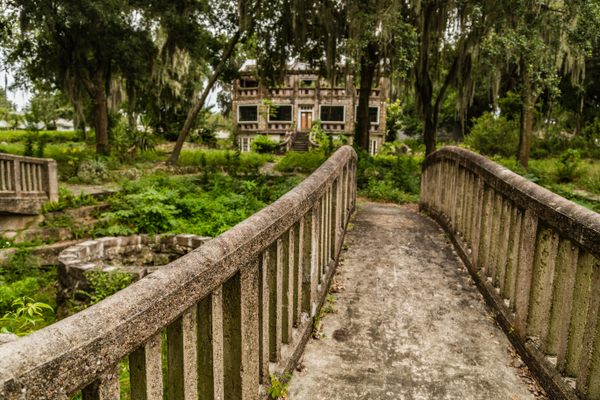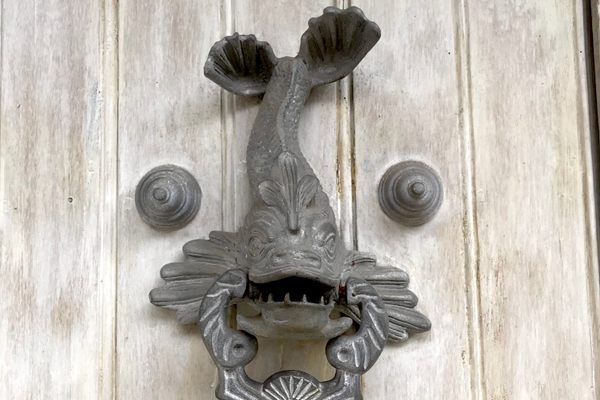About
Many houses on the market in Colorado Springs come with a little teepee-like hut in the backyard. These curious structures, now used as sheds or studios, were once considered the perfect place to recover from tuberculosis.
In the Gold Rush’s waning years, and before the military boom, TB was the primary driver of Colorado’s growth—at one point a third of the state's population were residents because of the disease, either as patients, patients' families, or employees in supporting industries. The “cure” for tuberculosis, before antibiotics, was believed to be dry air and sunshine. Sanatoriums sprang up all around Colorado Springs (so named to promote the idea that healthy water could be found there), and each of these facilities was accompanied by dozens of small huts for the patients to live in.
Designed by Charles Fox Gardiner, the huts each had two windows (ventilation was important to recovery), a closet, drawers, shelves, a bed, chairs, a washstand, electric lights, and a system for calling nurses. They were heated with steam, and kept as open as possible except during colder months. In the late 1800s and early 1900s, tuberculosis was the dominant disease in the U.S., and thousands flocked to Colorado for treatment.
When antibiotics came on the scene, the sanatoriums and their huts became obsolete. The huts were sold off, and many found their way to backyards, as tool sheds or toy houses, or became art studios. Others were repurposed for public functions, as visitor centers or bus stops. A few remain as tributes to their former calling, like those gracing the grounds of Penrose Hospital, where the Glockner Tuberculosis Sanatorium once stood, and Mount St. Francis, at the former location of the Woodmen Sanatorium.
Related Tags
Community Contributors
Added By
Published
March 23, 2017
Sources
- http://gazette.com/a-healing-past-tuberculosis-sanitoriums-were-springs-1st-major-economic-driver/article/141701
- http://radiocoloradocollege.org/2011/03/tuberculosis-huts-then-now/
- http://www.house-crazy.com/tuberculosis-huts-the-neatest-little-backyards-treasures/
- http://www.cpr.org/news/story/how-tuberculosis-fueled-colorados-growth
- http://gazette.com/article/121779



